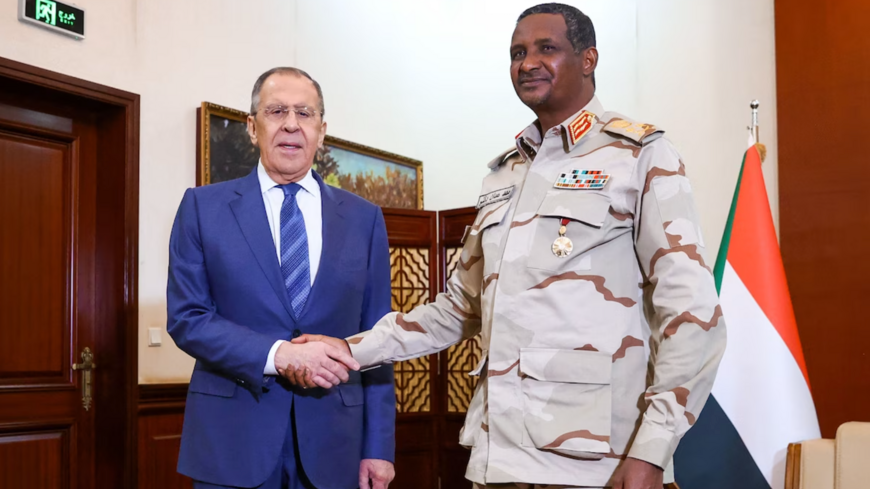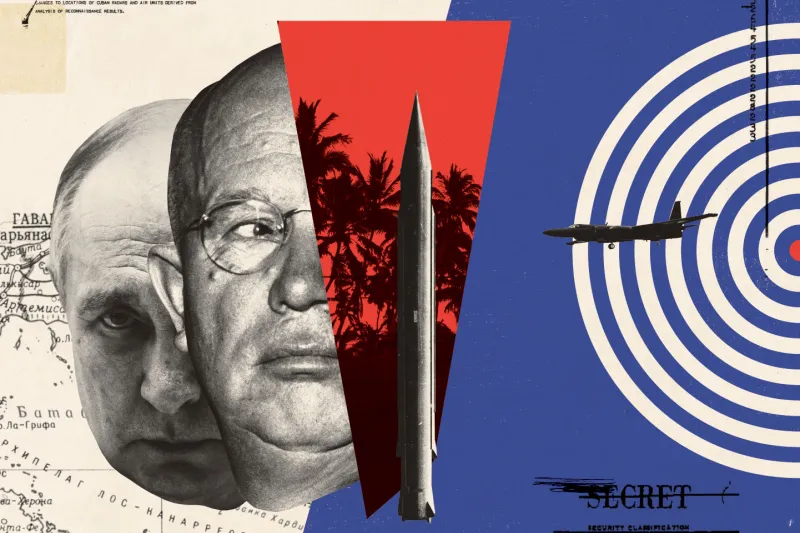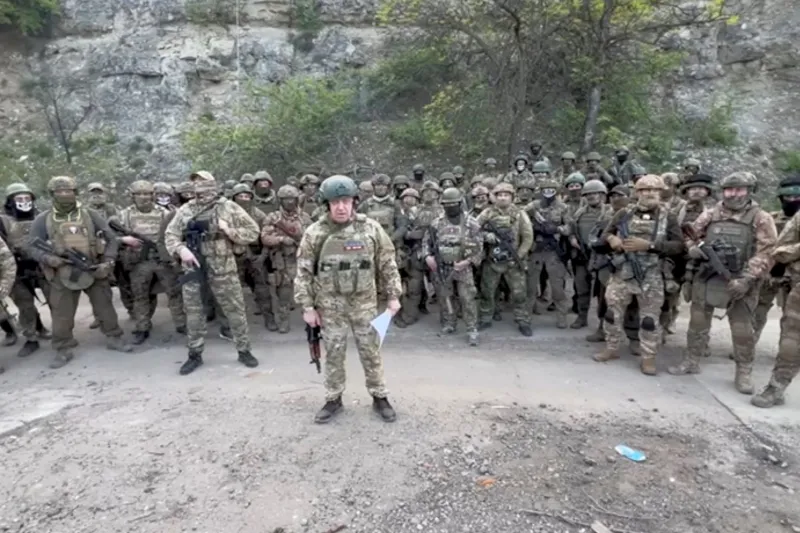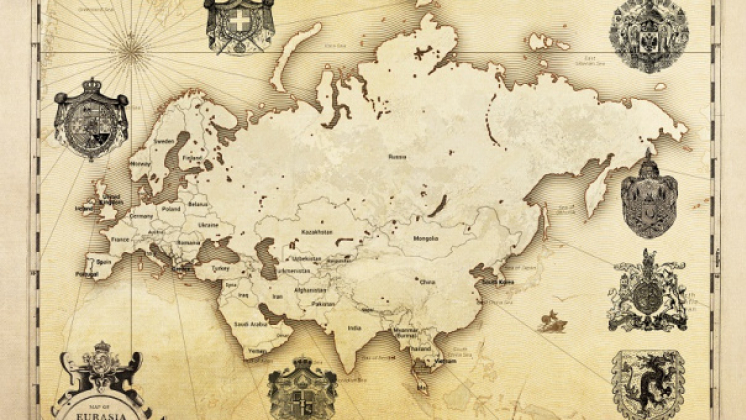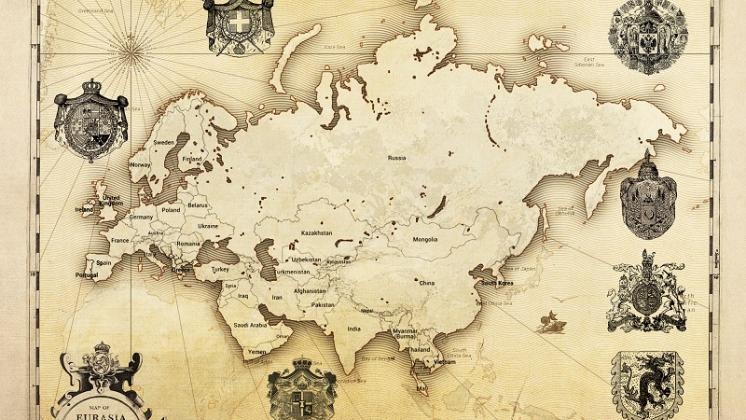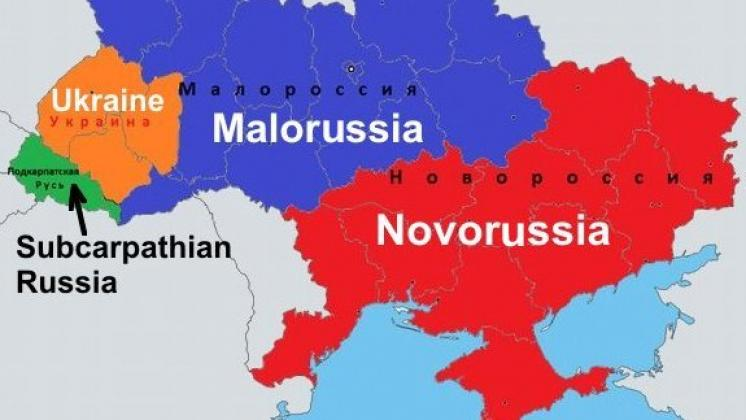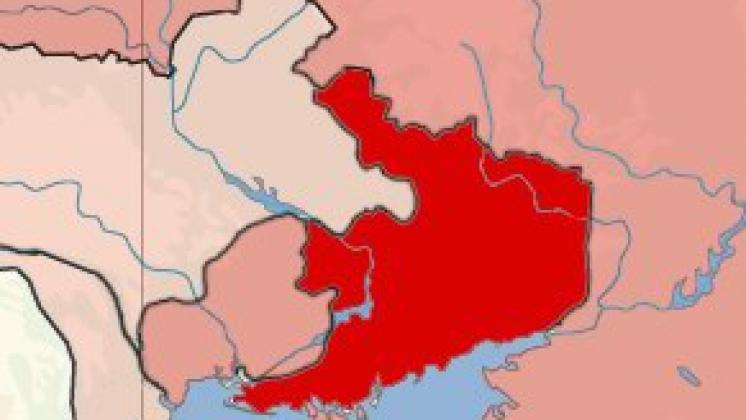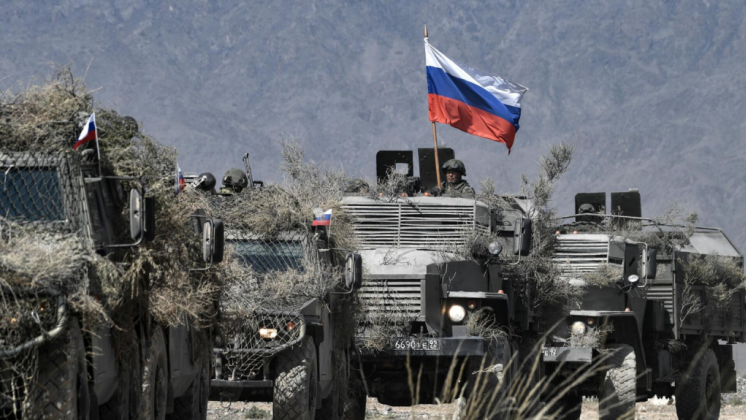Russie Occident, l’autre guerre de 100 ans (deuxième partie)

Dans la première partie, nous proposions d’envisager le conflit entre la Russie et l’Ukraine, dans la perspective historique élargie d’une guerre de 100 ans opposant, depuis 1917, la Russie et l’occident. Nous suggérions aussi que le conflit idéologique entre propriété privée et collective des moyens de production ne s’était pas éteint, mais transformé en une opposition entre économie libre-échangiste complètement dégagée de toute intervention étatique, et les économies russe ou chinoise, laissant une large part à la planification par l’État.

